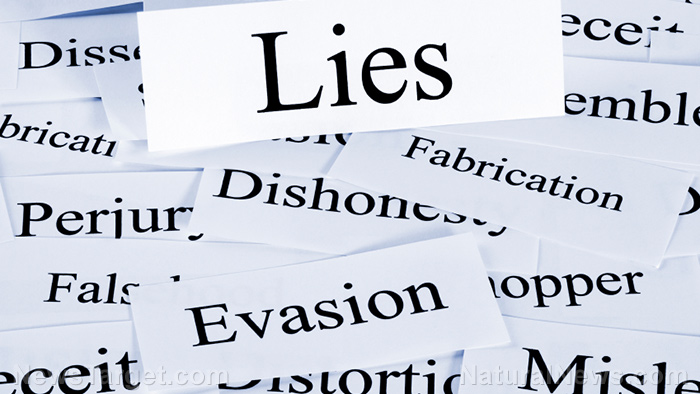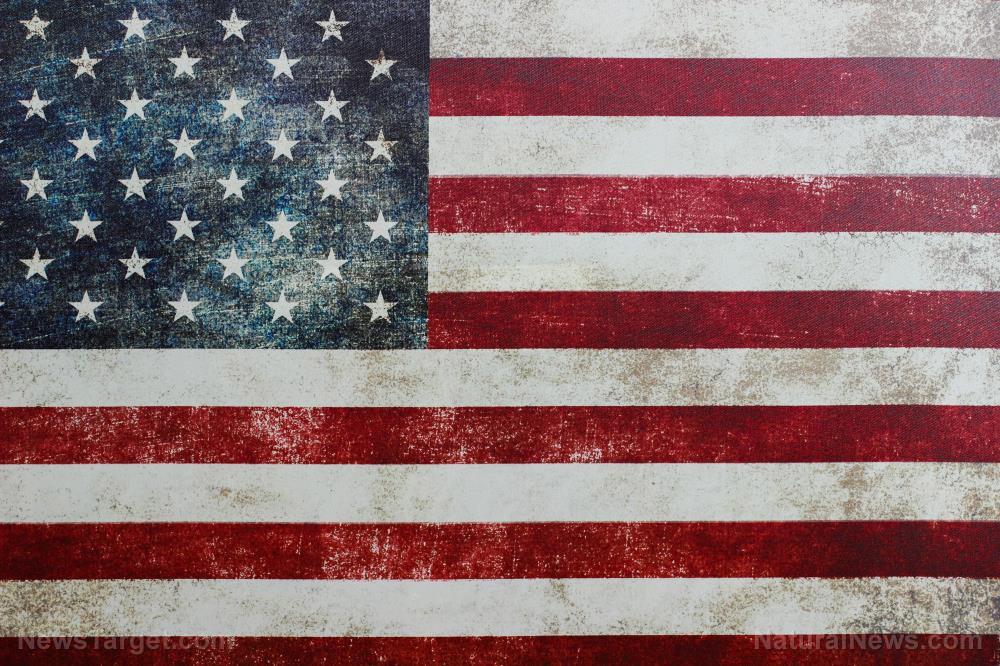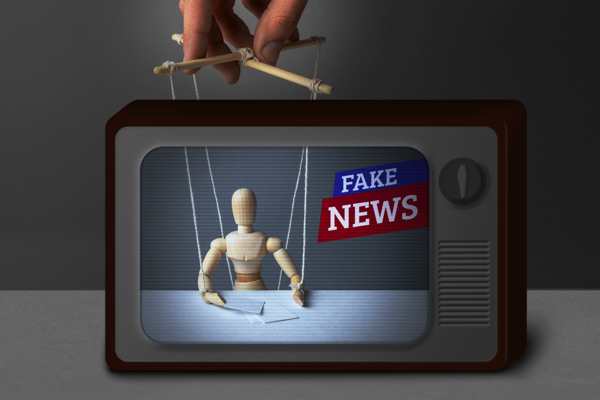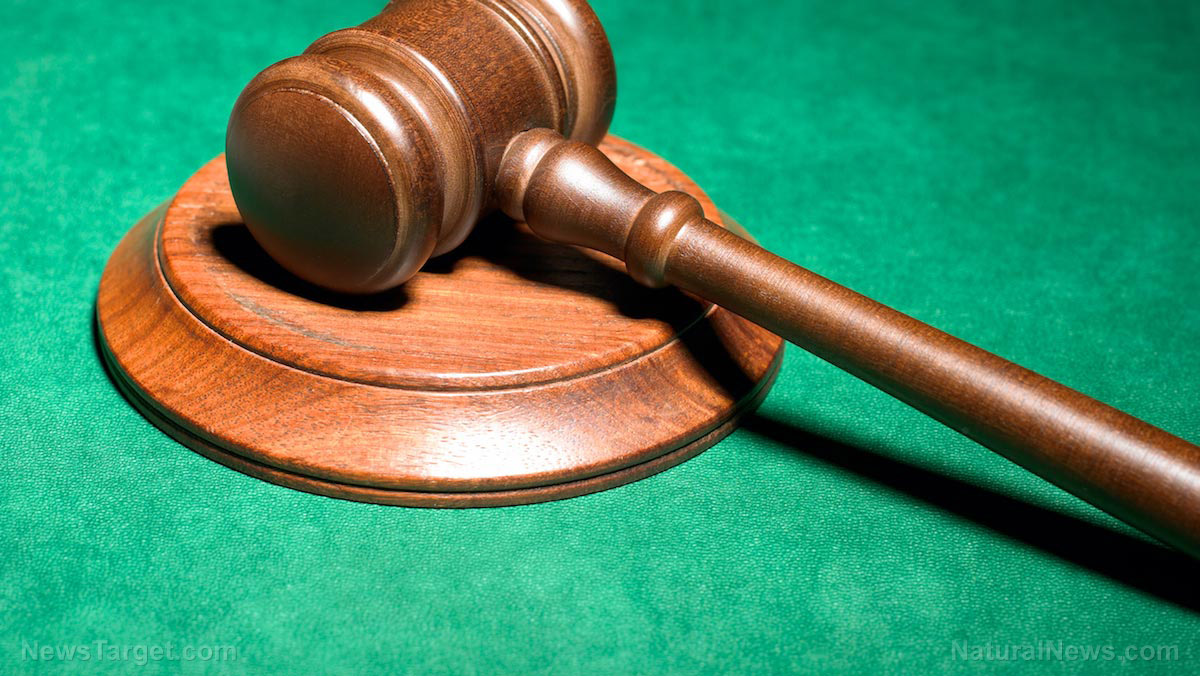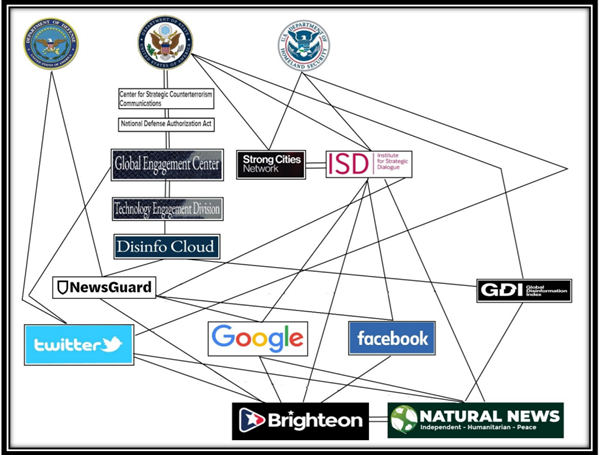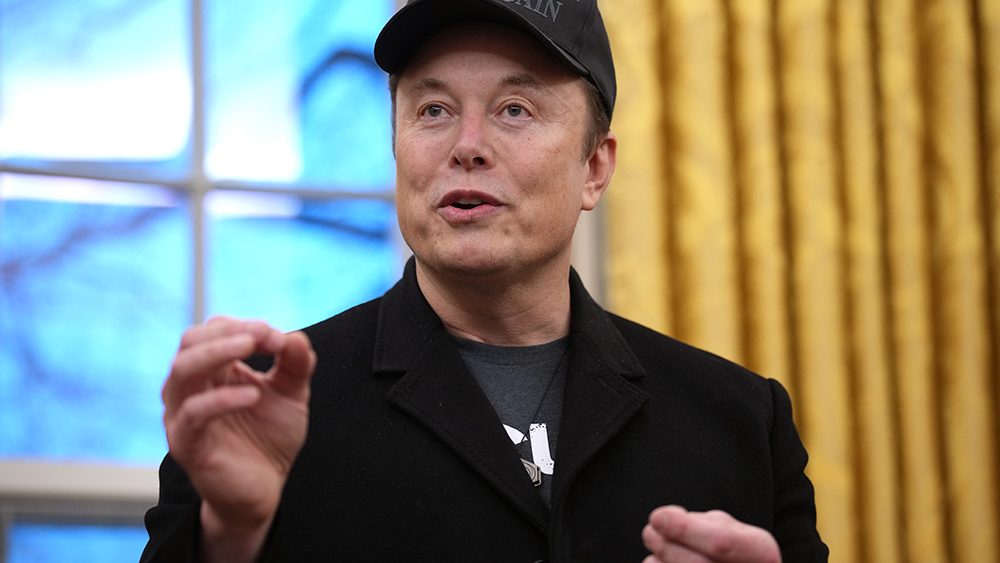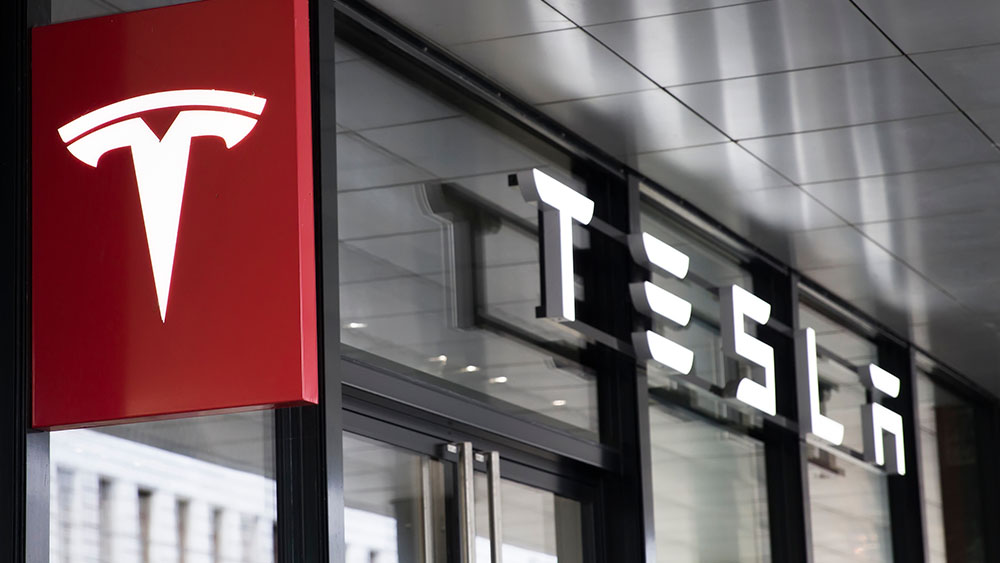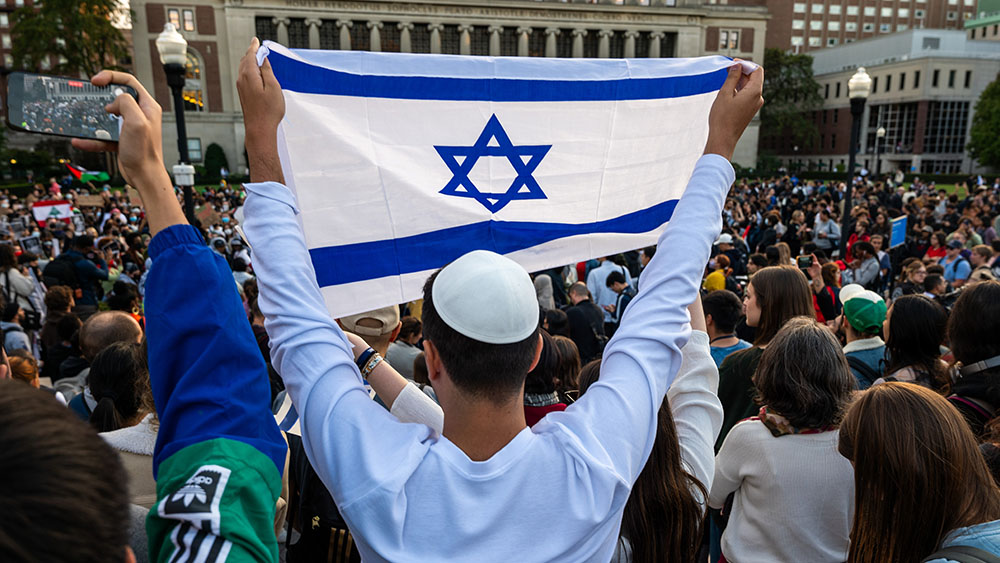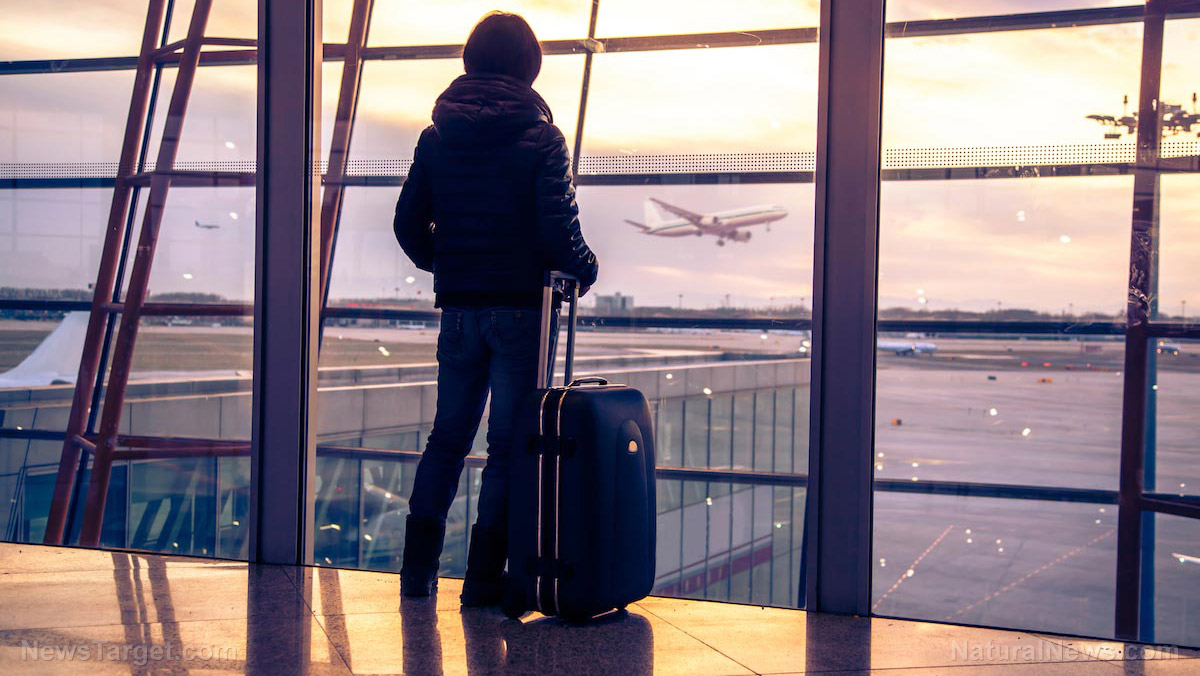America First? Foreign-born judges dominate D.C. Court, shaping key Trump cases—should Americans be concerned?
03/27/2025 / By Willow Tohi
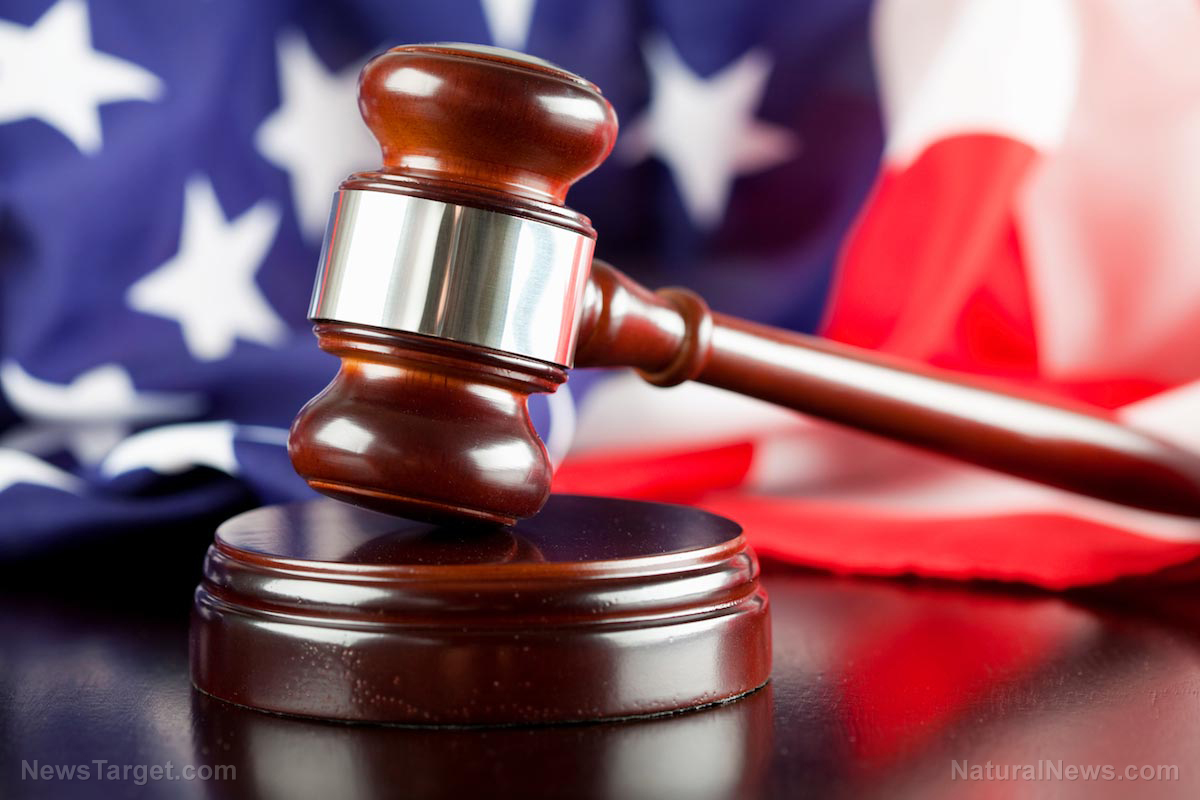
- One-third of active judges in the U.S. District Court for D.C. are foreign-born, all appointed by Obama or Biden, and have presided over high-profile cases challenging Trump’s policies.
- Historically, the court’s senior judges were U.S.-born, but since 2014, Obama and Biden appointed five foreign-born judges—none with prior judicial experience—who have ruled on contentious Trump-era policies.
- Critics argue these judges display bias, citing rulings against Trump’s policies (e.g., military spending, transgender service and foreign aid) and past statements criticizing Trump.
- Some legal experts warn of “judicial supremacy,” where courts increasingly override elected leaders, creating conflicting rulings that the Supreme Court must resolve, straining the judicial system.
- The issue centers on whether inexperienced, potentially ideologically driven judges should wield significant influence over U.S. policy, questioning the judiciary’s role as a neutral arbiter versus a political tool.
In the United States District Court for the District of Columbia, where pivotal legal battles over presidential authority, military policy and immigration are fought, a striking trend has emerged: one-third of the court’s active judges were not born in the United States. All five of these foreign-born jurists—appointed by Presidents Barack Obama and Joe Biden—have presided over high-profile cases challenging former President Donald Trump’s policies, raising questions about judicial impartiality, national allegiance and the qualifications of those entrusted with interpreting American law.
The revelation comes as Trump, now back in office, faces renewed legal resistance from the judiciary—particularly in Democrat-leaning districts like Washington, D.C. Critics argue that the concentration of foreign-born judges with no prior judicial experience in such a powerful court suggests a deliberate effort to shape legal outcomes rather than uphold constitutional principles.
A shift in judicial appointments
Historically, the D.C. District Court’s senior judges—many appointed as far back as the Reagan era—were all U.S.-born. But beginning in 2014, the trend shifted under Obama, who appointed two foreign-born judges with no prior bench experience:
- Judge Tanya Chutkan, born in Jamaica, now oversees a case challenging Trump’s efforts to slash government spending.
- Judge Amit Mehta, born in India, will preside over civil lawsuits seeking to hold Trump financially liable for the January 6 protests.
The trend accelerated under Biden, who appointed three more foreign-born judges:
- Judge Ana Reyes, born in Uruguay, blocked Trump’s executive order restricting transgender military service.
- Judge Amir Ali, born in Canada to Egyptian parents, reinstated $2 billion in foreign aid paused by the Trump administration.
- Judge Sparkle Sooknanan, born in Trinidad and Tobago, recently ordered the reinstatement of a Democratic appointee to a federal labor board.
Notably, none of these judges had prior judicial experience before their appointments—a departure from traditional norms emphasizing seasoned legal careers.
Judicial activism or constitutional duty?
Supporters of these judges argue that birthplace should not disqualify someone from serving, emphasizing their legal credentials and American upbringing. But critics contend that their rulings reveal a pattern of activism, particularly in cases involving Trump.
Judge Ali, for example, once criticized Trump’s travel ban as rooted in “prejudice and intolerance”—a stance that raises questions about impartiality when ruling on related policies. Similarly, Judge Reyes’ swift injunction against Trump’s military order suggests a willingness to override executive authority on contentious social issues.
“Out of all the judges in the nation, all five foreign-born judges of the D.C. District Court managed to get their fingerprints on a controversial Trump case,” notes journalist Beth Brelje. “That’s either an incredible coincidence or a troubling trend.”
A constitutional crisis in slow motion?
The broader concern is whether the judiciary—particularly in politically charged districts—has become a tool to stymie policies enacted by elected leaders. Legal scholar Jonathan Turley has warned of “judicial supremacy,” where courts increasingly supplant the executive and legislative branches in decision-making.
The D.C. court’s rulings often conflict with those in conservative jurisdictions, creating a patchwork of legal interpretations that the Supreme Court must resolve. But with the high court already burdened by politically sensitive cases, some conservatives argue it must take a firmer stand against judicial overreach.
“The public did its part by voting in a clear mandate for Trump’s agenda,” writes Brelje. “But corruption is still visible through court decisions by unelected activist judges.”
Who decides America’s future?
The debate over foreign-born judges is not about xenophobia but accountability: Should individuals with no prior judicial experience, and potential ideological biases, hold such outsized influence over U.S. policy? As legal battles over Trump’s agenda intensify, the answer may determine whether the judiciary serves as a neutral arbiter—or a political weapon.
For now, the Supreme Court remains the final backstop. But with lower courts increasingly willing to block presidential actions, the question isn’t just who interprets the law—but who ultimately governs.
Sources include:
Submit a correction >>
Tagged Under:
activist judges, biased judiciary, big government, constitutional crisis, deep state, judge, judicial activism, left cult, military policy, presidential authority, Trump
This article may contain statements that reflect the opinion of the author
RECENT NEWS & ARTICLES
COPYRIGHT © 2017 BIASED NEWS



